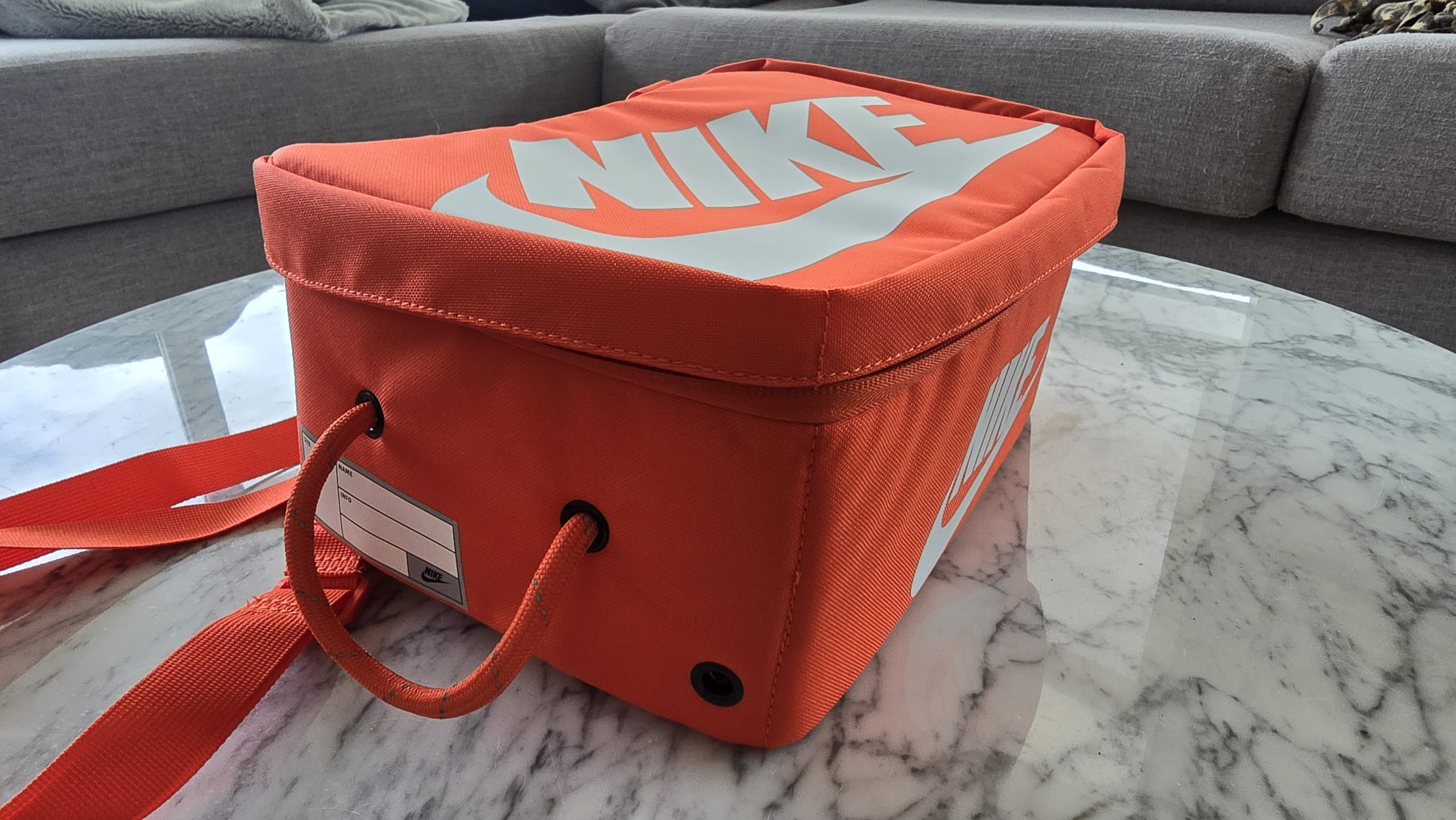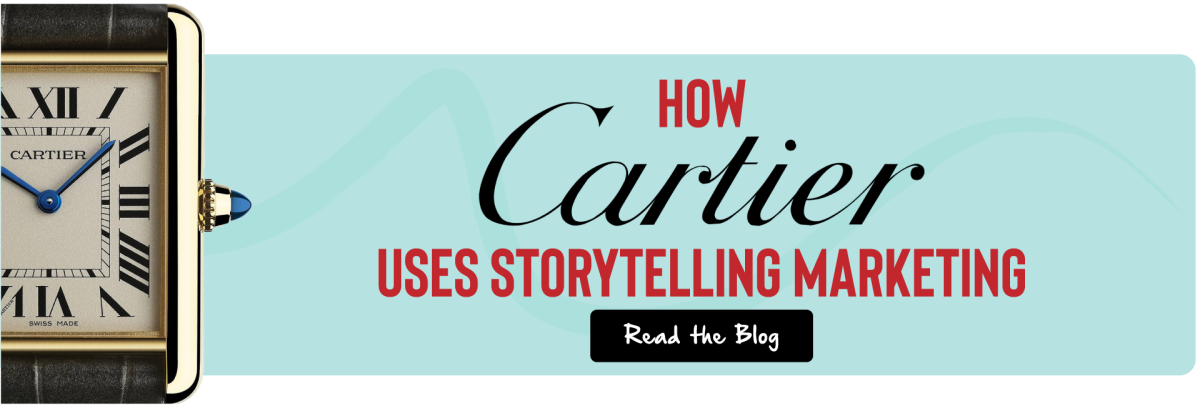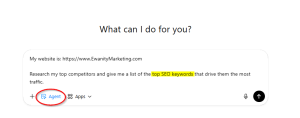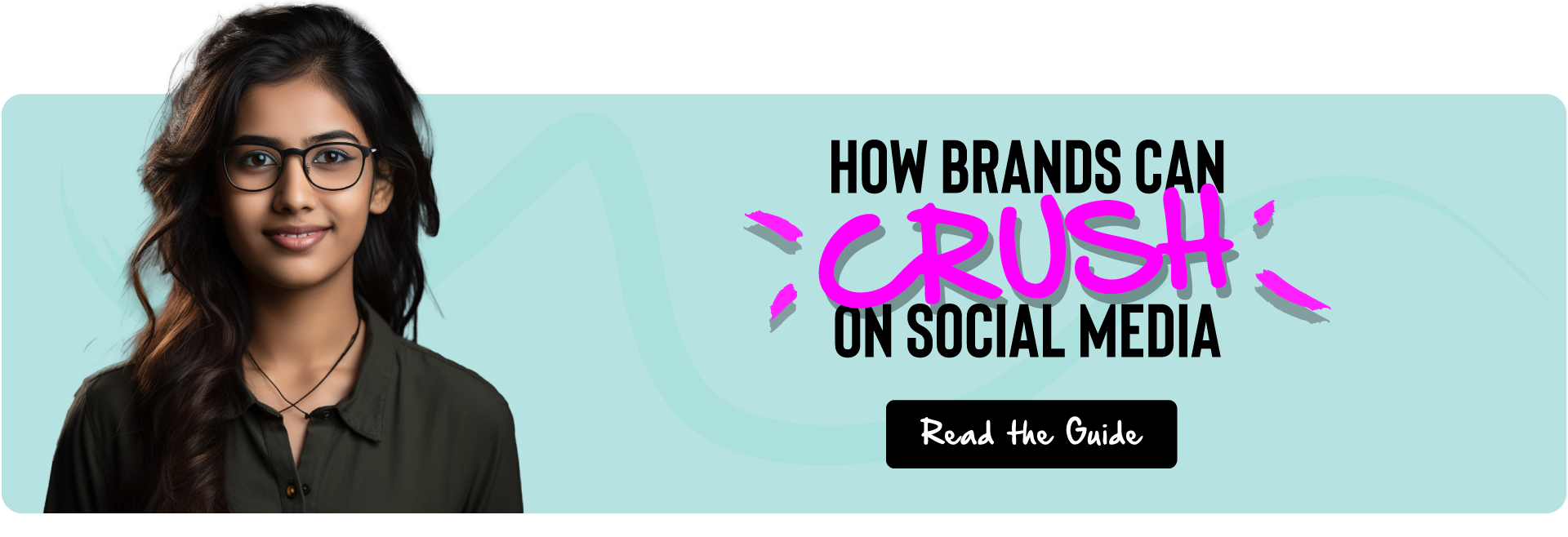
Imagine having a brand so strong, that your packaging becomes the product.
This is one of the reasons why I bought a bag that looks like a Nike shoe box.
Would I buy a bag that looks like an adidas shoebox? No.
Nike’s orange shoebox is iconic and therefore desirable.
Everyone knows what it is. It has become so synonymous with their brand that it has become a product.
In a recent post, I said, ‘you either have a brand, or you have a commodity’, and I used Nike as an example.
For me, there are no alternatives to Nike sneakers. I only wear Nike.
The reason Nike resonates with me is because:
👉 They have amazing products
👉 Do fun brand partnerships / collabs
👉 Sponsor the best athletes
👉 Are innovative
👉 Remain culturally relevant
👉 Sponsor events
👉 Expand into new markets (i.e. skateboarding, streetwear)…
All these things were decisions that took place in a boardroom.
Any other company could do what Nike has done.
They have the same access to talent, innovation, athletes… but for whatever reason, these other brands have missed the mark (at least with me), or didn’t have a strong enough brand baked into their DNA.
Nike has been consistently popular for decades while we have seen many other brands come and go, or remain irrelevant (e.g. FILA).
Branding is not easy, and it takes time. But if done well, it will be the very thing that allows you to stand apart from your competition.
What is Good Content?
First, what do we mean by content? I like to think of content as video-first, but, I know content for a lot of people still means blogs. I’ll try to capture some key elements that apply to both.
Here are some of the elements you need:
For video / social media
- Scroll-stopping hook within the first 3 seconds
- Visually and auditorily engaging
- Framing, lighting, editing, sound needs to be high quality
- Original
- Interesting / pattern interruption
For blogs
- Clear
- Concise
- Purposeful
- Entertaining
- Graphical elements to breakup large blocks of text
- Formatting
- Length (ideally 800 – 2,000 words)
- Rhythmic sentence structure (i.e. various sentence length)
In both cases, your content needs to be engaging, valuable, and contextually relevant based on the platform.
The better your content, the more time on page / watch time you will have, the lower bounce rates / skip rates you will receive, and the more quality backlinks / likes, comments, saves, and shares you will earn. These are all positive signals that you are sending to the platform’s algorithm that will help with your organic reach.
Related Content: All Brands Must Follow this One Golden Rule on Social Media
Strategies for Improving Your Content Marketing
Too often B2B companies create content and just post it on their company page. But it hardly ever reaches their audience organically.
To overcome this, I would suggest:
Social media – have staff, especially the CEO, post on their social pages, and also post in groups where your audience hangs out.
I posted something about SEO once on my LinkedIn page and it got 200 impressions and 1 like. That’s because my LinkedIn connections don’t care about SEO as much as I do. I posted that same post in a marketing group and it got 10,000+ impressions, hundreds of comments and likes, new connection requests…
Also, just because you post it once, it doesn’t mean you can post it again. You can reschedule it, change the title, change the feature graphic, etc.
I called this the three Rs of Content – Reuse, Remix, and Repurpose.
Paid promotion – put a little ad spend behind it and target it to your audience. It doesn’t have to be much, $20 – $100 per post can often be enough to guarantee it’ll be put in front of the right people. Again, going back to what I first said – is it something the audience would care about? Does it have an engaging title? Does the cover art looking interesting and appealing? Lots to consider here.
Too often when companies hit publish, they move onto the next one, and hope and pray that their post will organically take on a life of its own and go off into the world and do what it needs to do.
Sadly, this is rarely the case.
Once you hit publish, that content should go in a spreadsheet and you should set some time aside every month to monitor what each post did in terms of impressions, engagement, and so on. There are many other things you need to do as well such as uploading it to Google Search Console, SEO optimization, rescheduling, A/B testing, and planning what happens next.
Repurposing content is huge – can we turn this thing into something else (or better yet, 10 other things)? Could it be a video, or a podcast topic, or a webinar, or an infographic, or can we post it on Medium or LinkedIn Pulse, or create social posts from it…? Essentially you want to tailor your content for each platform, considering the format and style.
Partnerships and Collaborations can be a great way to amplify content – they can post it on their channels and you could do the same for theirs. Partners are those who share a common audience but are not competitors.
Newsletters can be a great way to distribute content, but too often companies neglect the most important part – collecting emails. There is a whole strategic initiative in and of itself with this, which I won’t go into.
In terms of long form video content, that needs to be chopped up into smaller clips for Reels, YouTube Shorts, and TikTok videos. There is a whole methodology here.
- Related post: The T-Shirt Theory of Branding
- Related post: The Power of Branding: John’s Family Premium Organic Garlic
- Related post: Why You Don’t Want to Run a Business that Relies Solely on Ads
Related Posts
Need help with your marketing activities?
If you’re looking to make a move with your marketing, reach out to us. We are priced fairly, we’re straight shooters, and are the very best at what we do.








